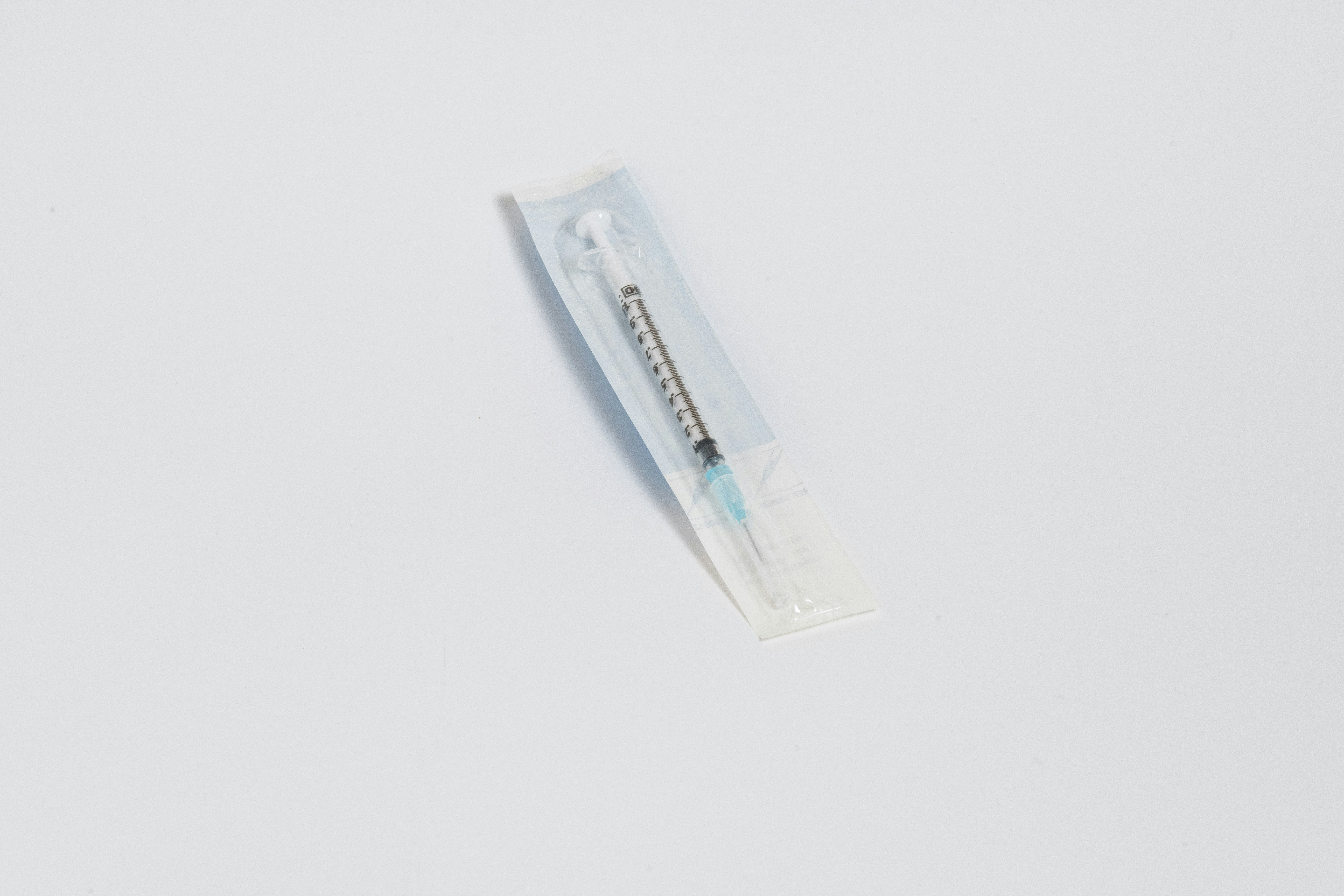Danish researchers studied over 77,000 people taking anti-obesity medications without diabetes. They found half of patients quit within a year. Adults under 30 were 48 percent more likely to stop than those aged 45 to 59. Men, people from poorer regions, and those with chronic conditions also ended treatment more often.
Cost and Side Effects Drive Dropout Rates
The researchers reported that 18 percent quit within three months, 31 percent within six months, and 42 percent after nine months. Patients with prior psychiatric or gastrointestinal drug use also stopped at higher rates, possibly due to side effects such as nausea or vomiting. People from low-income areas were 14 percent more likely to quit than those from wealthier regions. In Denmark, a month’s supply of Ozempic costs €313, far higher than the €120 charged in Germany.
Long-Term Use Remains Critical for Success
Ozempic and Wegovy belong to the GLP-1 receptor agonist class, which reduces appetite by mimicking natural hormones. When patients discontinue treatment, they typically regain lost weight. Professor Reimar W. Thomsen of Aarhus University stressed the importance of consistent, long-term use for effective results. He said, “All appetite control benefits vanish once the medication is stopped.” He argued that stronger support systems must help patients remain on treatment.
Broader Impact and Health Implications
The researchers highlighted the wider benefits of GLP-1 medications, which can lower risks of cancer, heart disease, and addiction. With more than half of Europe’s adults living with overweight or obesity, Thomsen urged a focus on policies and interventions that improve adherence. The study’s findings, though not yet peer-reviewed, will be presented at the European Association for the Study of Diabetes’ annual meeting in Vienna this week.


